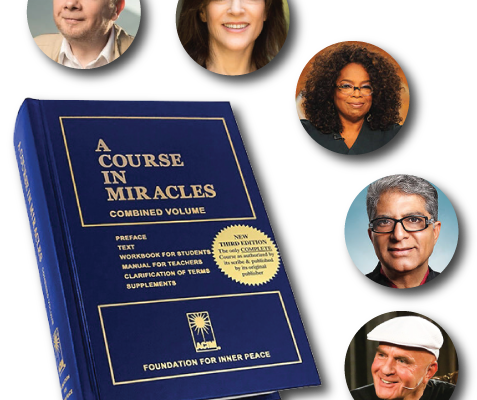Focusing on the world and bodies is meant to be deceptive because it keeps us mindless with the ego by negating our life as the classroom to learn forgiveness in A Course in Miracles (ACIM Searchable). We follow the law of division by saying that aspects of our life are different or separate, I.e., special. Mindlessness keeps us from generalizing Course lessons and applying them to all aspects of our life as the ego land of make-believe. When we consider it all as the same ego game, then we also understand there is “no hierarchy of illusions” and “no order of difficulty in miracles” which are major points in the Course.
In the meantime, we mindlessly run around taking care of things, fixing and wanting things in our ego land of make-believe (our needs as we have set them up). We never pay attention to what we’re doing in the mind because we totally believe it’s all real instead of a mind game of make-believe. The easiest (and most miserable) path is to adapt to our “mind-world” and continue the game. Even when the Course says it’s a dream, illusion, not real or doesn’t exist, we jump on that so we can dismiss it and not deal with the mind. However, because we didn’t look in the mind at the beliefs, we never corrected our mind so we’re still playing the same make-believe game (world and bodies).
As children, we have all played make-believe games with pretend roles while growing and learning to survive in the world. Things are and were always better in fairy tale land because it’s a world in our mind as we’ve chosen to set up and would like it to be. However, as adults, we continue to play the same game by spending all the parts of our life mindlessly “living” in the land of make-believe in our pretend roles. Just because our bodies got bigger and our roles changed does not mean we changed mindless make-believe playtime. Again, the fairy tale game is still the same because it’s still being played in the same ego wrong mind to mindlessly make up all aspects of our life.
Below are the word symbol definitions we’ve all agreed with to further what we just discussed:
From the dictionary:
Make-believe: The action of pretending or imagining, typically that things are better than they really are, I.e., you’re living in a world of make-believe
From Wikipedia:
Make-believe is a loosely structured form of role-playing that generally has no rules except to stay in character, and requires no specific props, allowing the children’s exploration of roles and interpretation of the world that is around them.

